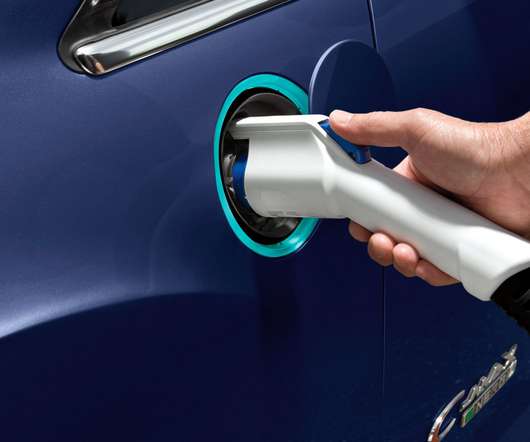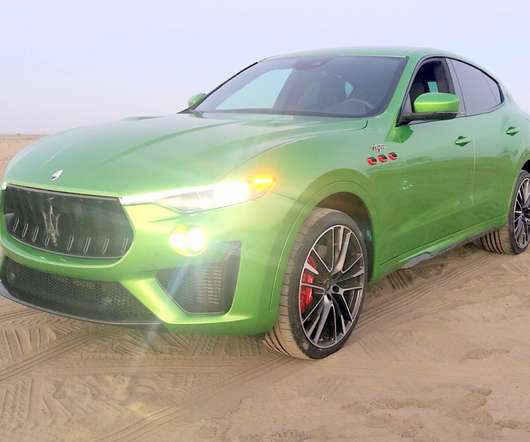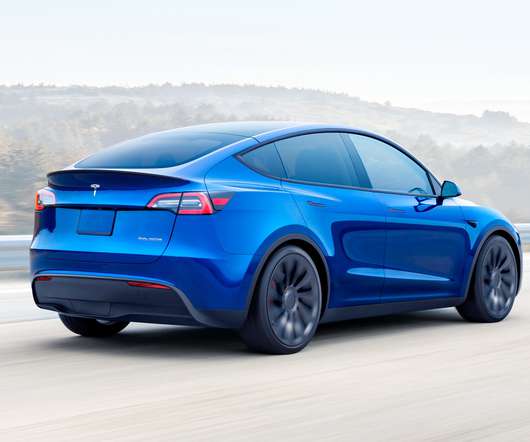Chrysler Group files S-1 for IPO; snapshot of R&D priorities; exploring a light-duty hydraulic hybrid
Green Car Congress
SEPTEMBER 24, 2013
As one example cited, the company has increased its use of high-strength steel and other lightweight materials to reduce vehicle weight, and thus improve fuel economy, while still meeting standards for vehicle safety. Chrysler is also seeking to reduce electrical loads through application of higher efficiency fans and fuel pumps.















Let's personalize your content